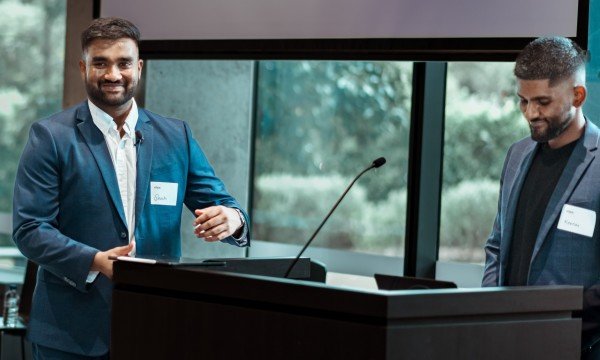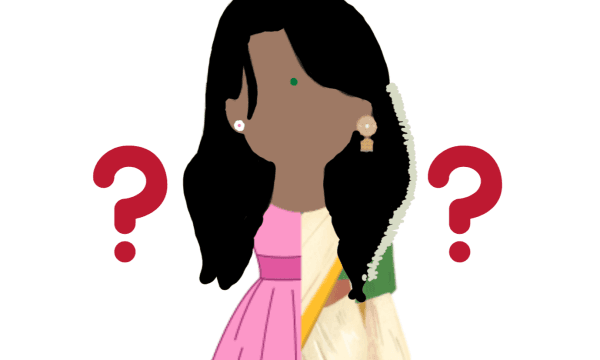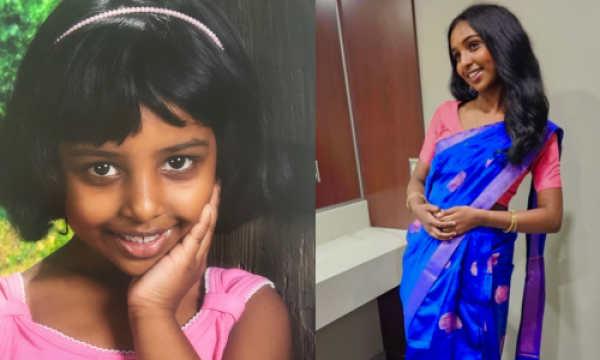It is 2017, a year of celebration. The city of Montreal will be celebrating three hundred seventy-five years as a municipality, emerging as the result of many cultures coming together and co-existing as one entity. Canada as a nation will be celebrating one hundred fifty years of Confederation tomorrow, where British colonies in North America came together in a united effort of solidarity and shared values, resulting in the diverse, multicultural society that is Canada today.
Cultural, linguistic, and religious tolerance is at the core of how Canada has developed and prospered into a leading nation that promotes diversity, plurality and the freedom of expression. Although the saying "Out of Many, One People" may be found on the Jamaican Coat of Arms[1], Canada also reflects this expression showing that its people are the result of many parts of the world coming together to create a better nation. Despite all of this, racism and discrimination still exist today, both within and outside of our borders. There are many who stand to fight off these negative aspects in society, one of them being Jane Elliott.
I came across Jane Elliott while watching an older episode of Oprah.
https://www.youtube.com/watch?v=qzycqpRZ7cY
Mrs. Elliott was a former third-grade schoolteacher who was well known for conducting the "Blue eyes – Brown eyes" experiment shortly after the assassination of Martin Luther King Jr. in 1968[2]. I won’t go into the details of the experiment since it’s much more interesting to watch (see the video below!) and Mrs. Elliott does a much better job at explaining the process than I ever could; however, the take away message really hits home. Mrs. Elliott shows her subjects what racial segregation feels like for a relatively short period of time and that those who have never experienced it are simply victims of shared ignorance.
https://www.youtube.com/watch?v=KHxFuO2Nk-0
After watching many interviews that Mrs. Elliott has given, I can see that she has a strong personality and is truly justified in the stance she has taken in the anti-racist movement. As she says herself:
"You are not born racist. You are born into a racist society. And like anything else, if you can learn it, you can unlearn it. But some people choose not to unlearn it, because they’re afraid they’ll lose power if they share with other people. We are afraid of sharing power. That’s what it’s all about."[3]
Even though we live in a diverse, tolerant society, this quote still holds true at present. Personally, it holds true in the work force where the shift from the "knowledge is power" mantra to the "knowledge sharing is power" one is met with stark resistance, despite this being in place for over a decade simply because people assume a power shift will result. It holds true in my life when it comes to admitting that we are wrong in our ways, relearning how to do certain things to make ourselves better people. A good example of this in my life was relearning how to properly eat bananas and pistachios. Even though I went through a lot of trial and error, it was definitely worth it. All of this relates back to the fact that we are the products of our society and it is truly up to us to make ourselves better people.
Now, how does Mrs. Elliott’s experiment and teachings relate to Tamil culture? Well, just as we are members of the communities where we live, we are also members of the Tamil society. Although racial segregation cannot exist in this society, many types of segregation still exist today. The Tamil society segregates its members by skin colour, religious beliefs, caste, linguistic abilities… the list can be infinite. With all these labels that we put onto ourselves and onto others in this society, I find it to be miraculous that this society still stands strong and that some sort of unity continues to exist. However, instead of attempting to break down these labels that have been given, I would rather embrace them since they are a part of my identity.
In one of Mrs. Elliott’s talks on the Oprah show, she outright rejects the notion that we should treat everyone equally because that’s the supposed solution to overcoming racial segregation. As she says:
"When you say to a person of colour, ‘When I see you, I don’t see you Black; I just see everybody the same’ think about that. You don’t have the right to say to a person, ‘I do not see you as you are; I want to see you as I would be more comfortable seeing you."[4]
If we as Tamils strip away the labels that we have inherited, we are stripping away our own identity voluntarily. That is the biggest disservice that we could do to ourselves and to our essential being. We should not let others dictate to us that our labels are negative connotations of who we are. Rather, these labels are the starting point of discussing how we break down the walls of segregation and turn them into points of celebration. Every Tamil is a Tamil, regardless of colour, gender, orientation, caste, nationality, and spirituality. Every Tamil has a label and should be proud of how that label contributes to the continual development of society. If that label is seen as a negative connotation, then that form of segregation has to be broken down NOT the label itself. My labels form my identity and that is something that I have both inherited and built up through my efforts. Mrs. Elliott’s overall message is that I should feel no shame in who I am and that I have the ability to make our society, the Tamil society, a better place through discussion and acceptance of what is around me. As Mrs. Elliott said:
"We learn to be racist, therefore we can learn not to be racist. Racism is not genetical. It has everything to do with power."[5]
With this in mind, the Tamil society has taught us that a certain skin colour is best, that certain castes are superior to others and that speaking certain languages a certain way is the right thing to do. Truly those things can be unlearnt for they do seem quite idiotic. All the wheels on a train are needed to make it move. If one wheel is missing, the superiority of the others wouldn’t matter since that train won’t leave the train yard. In this regard, let us celebrate our labels and our differences for we are all one people and we all play a pivotal role in making our world a better place. Remember that "Out of Many, One People" can and will hold true for the Tamil community.
-Featured image: Sourced from Dilani Bala's 'Ode to our Parents'

























